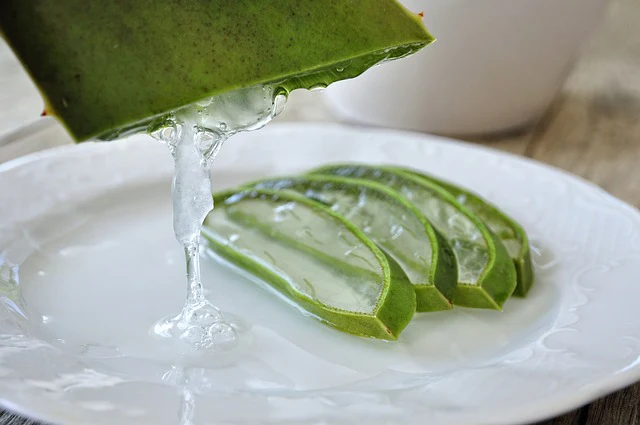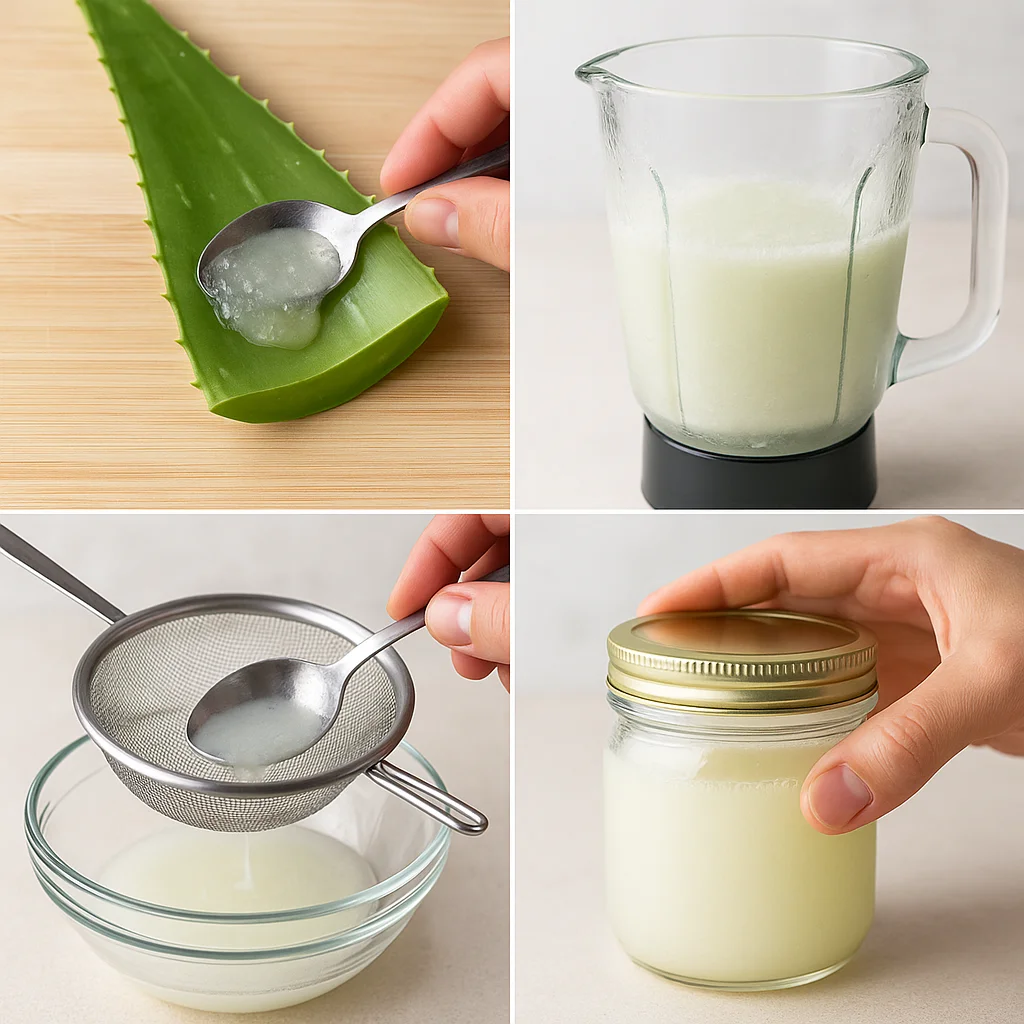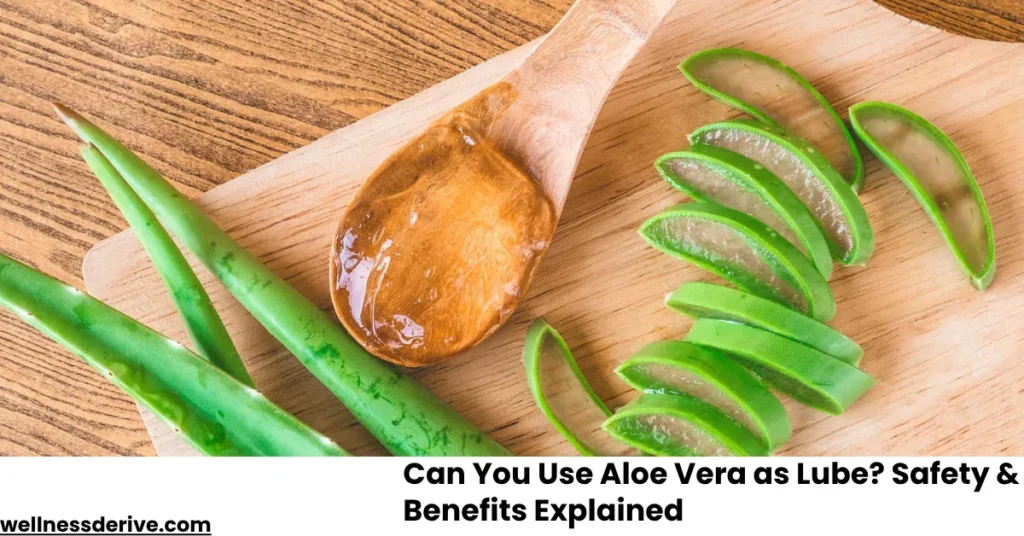When it comes to choosing a personal lubricant, many people are turning to natural alternatives. Among the options, one popular question arises: can you use aloe vera as lube? This article explores that very topic—unpacking the benefits, safety concerns, usage tips, and how to make aloe vera lubricant at home. Whether you’re looking for a vaginal or anal lube substitute or simply prefer organic solutions, we’ll cover everything you need to know.
What is Aloe Vera and Why Consider It as a Lube?

Aloe vera is a plant known for its soothing, hydrating, and healing properties. It’s most commonly used to treat sunburns and skin irritations, but due to its slippery texture and skin-friendly benefits, some have started using aloe vera gel as lube.
Aloe vera as lubricant is gaining popularity for being a natural, non-toxic, and skin-safe option. Its anti-inflammatory, antibacterial, and moisturizing effects make it appealing for intimate uses.
Is Aloe Vera a Good Lubricant?
Aloe vera gel has a smooth, slippery texture, making it a potential natural lubricant. However, its effectiveness depends on:
- Purity – Raw, organic aloe vera gel (without alcohol or additives) is safest.
- Longevity – Unlike silicone-based lubes, aloe vera may dry out faster.
- pH Balance – The vagina has a delicate pH (3.8-4.5), and some aloe gels may disrupt it.
Is Aloe Vera Safe for Use as Lubricant?
One of the biggest concerns around using aloe vera as lube is safety. So, is aloe vera safe for lube use?
The answer depends on the type of aloe vera product you use. Pure, organic aloe vera gel with no added alcohol, dyes, or artificial fragrances is generally considered safe for external use. However, commercial products may contain additives that can irritate sensitive areas.
To ensure aloe vera lube is safe, follow these tips:
- Use only 100% pure aloe vera gel.
- Avoid products with lidocaine, alcohol, or menthol.
- Perform a patch test on the inner thigh before intimate use.
According to the National Center for Biotechnology Information, aloe vera is non-toxic and has shown promise for vaginal health. But always consult with a gynecologist before switching from a traditional product.
Aloe Vera as Vaginal and Anal Lube
People often ask, can you use aloe vera as anal lube or for vaginal lubrication?
Yes, aloe vera as anal lube is becoming more popular, particularly for those sensitive to synthetic lubricants. However, it’s important to note that anal lubrication requires a thicker consistency and longer-lasting glide, which aloe vera alone might not provide. Consider mixing it with other safe agents like flaxseed gel or using it for foreplay rather than penetrative anal sex.
On the vaginal side, aloe vera is well-tolerated and even promoted for helping balance vaginal pH. Some even use it to relieve vaginal dryness.
Tips for aloe vera in anal/vaginal use:
- Ensure the gel is preservative-free and organic.
- Reapply as needed, as it may absorb into the skin faster than synthetic lubes.
- Do not use if you have aloe allergies.
Benefits of Using Aloe Vera as Lube
There are several reasons why people consider aloe vera for lube:
1. Natural and Non-Toxic
Unlike many commercial lubricants that contain parabens or glycerin, aloe vera is plant-based and free from harmful chemicals.
2. Hydrating
Aloe vera gel as lube moisturizes the skin, reducing irritation and dryness during intimacy.
3. Anti-Bacterial and Anti-Fungal
Aloe vera may help prevent bacterial or yeast infections due to its natural antimicrobial properties.
4. pH Friendly
It maintains vaginal health by supporting natural pH levels—an advantage over chemical-based lubricants.
5. Safe for Sensitive Skin
Those with eczema, psoriasis, or easily irritated skin may find aloe vera to be gentler than other lubricants.
So, is aloe vera a good lube? Yes, especially if you’re looking for a clean, nature-based option.
Risks and Drawbacks: Does Aloe Vera Work as Lube for Everyone?
Despite its benefits, there are some risks to consider:
1. Not All Aloe Gels Are Safe
Store-bought aloe gels often contain preservatives, dyes, or alcohol that are unsuitable for intimate areas.
2. Shorter Lubrication Time
Compared to silicone or water-based lubes, aloe vera may dry out quicker and require reapplication.
3. Allergic Reactions
Though rare, some may be allergic to aloe vera. Always perform a test before using it intimately.
4. Incompatibility with Condoms
Some aloe vera gels may compromise latex, depending on additional ingredients. Always check with the brand or switch to polyurethane condoms.
5. No FDA Regulation
Aloe vera is not officially FDA-approved as a personal lubricant, so user discretion and careful product selection are key.
Still, many report positive results. So while does aloe vera work as lube? is a valid question—the answer is yes, but with caution.
How to Use Aloe Vera Gel as Lube Safely
If you’re ready to try it, here’s how to properly use aloe vera gel as lube:
- Choose the Right Product
- Look for “100% pure aloe vera gel.”
- Organic and cold-pressed varieties are preferred.
- Ensure it’s free of alcohol, menthol, and synthetic additives.
- Do a Patch Test
- Apply a small amount to your inner thigh or forearm and wait 24 hours.
- Check for redness, burning, or itching.
- Apply Generously
- Use a clean spoon or spatula to apply. Avoid contaminating the container.
- Reapply as Needed
- Aloe can absorb quickly. Keep it nearby during use.
- Store Properly
- Keep it in a cool place. Refrigeration can make it more soothing.
How to Make Aloe Vera Lubricant at Home
If you’re unsure about store-bought options, you can make your own aloe vera lubricant at home.
Ingredients:
- 1 fresh aloe vera leaf
- Knife and spoon
- Blender or food processor
- Fine strainer or cheesecloth
- Sterilized glass container
Instructions:
- Cut the aloe leaf open and scoop out the clear gel.
- Blend until smooth (do not use the yellow latex near the leaf edge).
- Strain to remove any chunks.
- Store in a clean, airtight container in the fridge for up to one week.
This DIY aloe vera as lube option is ultra-natural—but remember it has a short shelf life and no preservatives, so always test before each use.

Best Aloe Vera Products for Personal Lubrication
If DIY isn’t your thing, here are some aloe vera lubricant products to consider:
- Aloe Cadabra Organic Personal Lubricant – pH-balanced, 95% organic aloe.
- Good Clean Love Almost Naked – contains aloe vera and is ISO-certified.
- Desert Harvest Aloe Glide – highly concentrated aloe-based lubricant, vaginal safe.
Make sure to read the labels and opt for brands with verified safety for intimate use.
Better Natural Lube Alternatives
If aloe isn’t ideal, consider:
- Coconut oil (great for non-latex play)
- Flaxseed gel (long-lasting, natural)
- Olive oil (avoid with condoms)
FAQS About Aloe Vera as Lube
Final Thoughts: Should You Use Aloe Vera as Lube?
So, can you use aloe vera as lube? Absolutely—if you do it right. Aloe vera is a natural, soothing, and effective alternative to synthetic lubricants when used properly. Ensure you’re using 100% pure aloe vera gel, perform a patch test, and avoid harmful additives. Whether for vaginal or anal use, aloe vera can be a gentle solution—but remember, it’s not a one-size-fits-all answer.
Always prioritize safety and consult a medical professional if you have any doubts. With the right precautions, aloe vera lubricant could become your new go-to for intimate comfort and skin care.
Disclaimer: The content on Wellness Derive is for informational purposes only and not a substitute for professional medical advice, diagnosis, or treatment. Always consult a healthcare provider for medical concerns.



